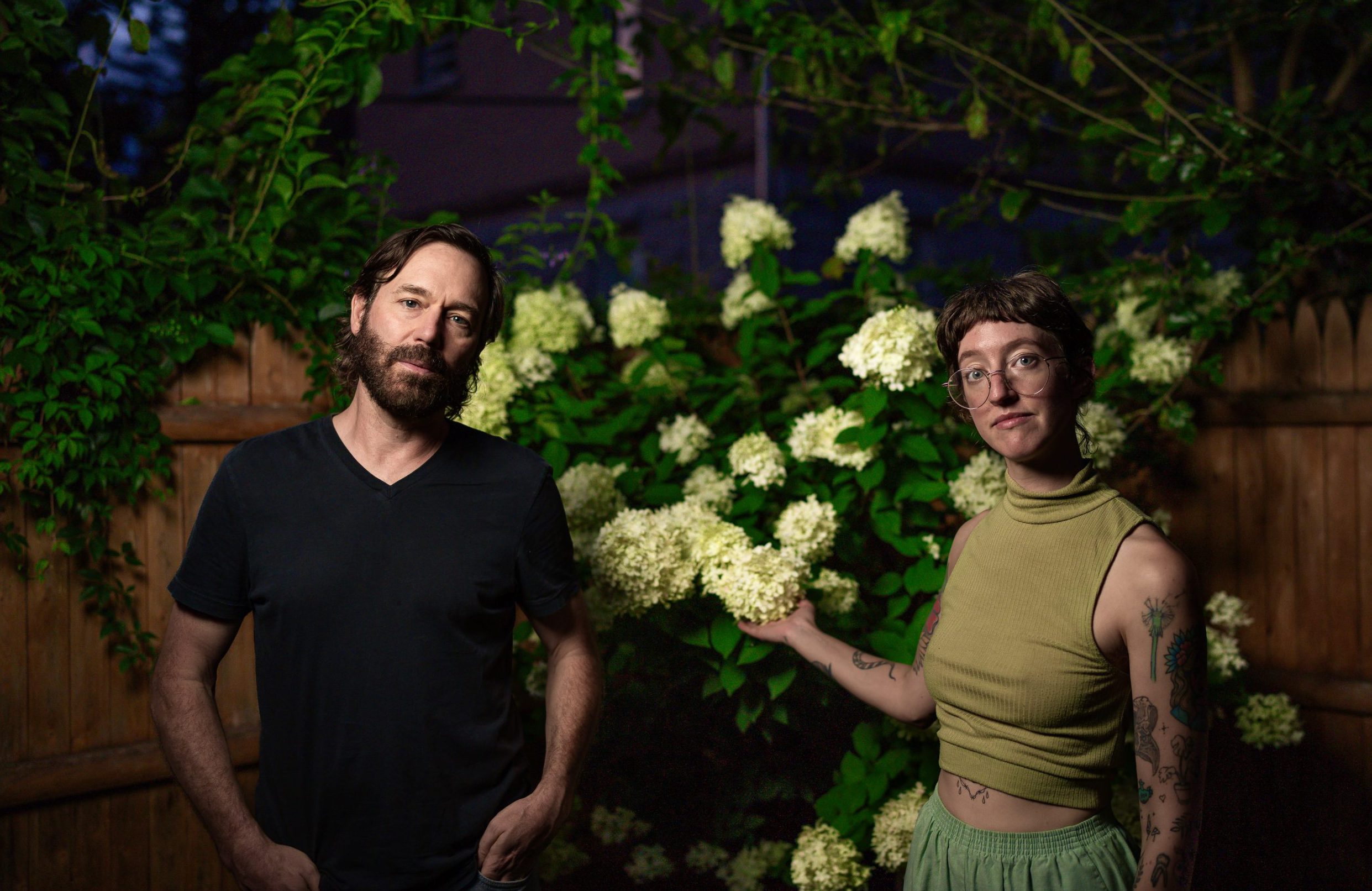Bio
In the wake of the luminous album The Natural Lines, Matt Pond has decided his next move is to return to the beginning—to the ideas and instincts that led him to music in the first place.
“The original ethos was to collaborate with anyone at any time,” he says. “I’m getting back to that.” He’ll also go back to recording under his own name, once again referring to the band as Matt Pond PA.
Pond’s name itself evokes the natural world in which his songs are so often set, with their evocative lyrics about the sometimes jagged edges of love, the pros and cons of connection, and the agony and ecstasy of memory. He has always mapped the universal emotions of being alive onto the contours of his own stories. That’s much of the reason his work is so resonant.
But he believes the process should not be fraught; just the opposite. Making music, even if the themes are sometimes darker than they are bright, should feel organic and good.
“The real point is to try and enjoy the experience of making all these things,” he says.
He started writing pieces of songs on his own in a cavernous loft in Philadelphia’s Chinatown. When he realized a friend played the cello, he saw a way to take the next step. They added four other musicians, and Matt Pond PA was born. (The PA refers to Pennsylvania, of course.)
Through 13 albums (among them Emblems, Several Arrows Later, The Dark Leaves, The State of Gold, and Still Summer), EPs (like Winter Songs, Spring Fools, and The Freep), a soundtrack (for the indie film Lebanon PA) and their fair share of tours, festivals, and shows, the band has always been a living, breathing organism—one that’s constantly changing. (One notable mainstay: Pond’s longtime right-hand man, Chris Hansen.)
“I named the band after myself, but the fact is that this is a complete collaboration,” Pond says. “Everyone I’ve worked with lives in my head and in these songs.”
He’s now headquartered in the heart of the Hudson Valley, where it’s easy to connect and commune with the elements of nature that got him started. But his songs are more emotionally anchored in the present than ever before—the better to look toward the future.
